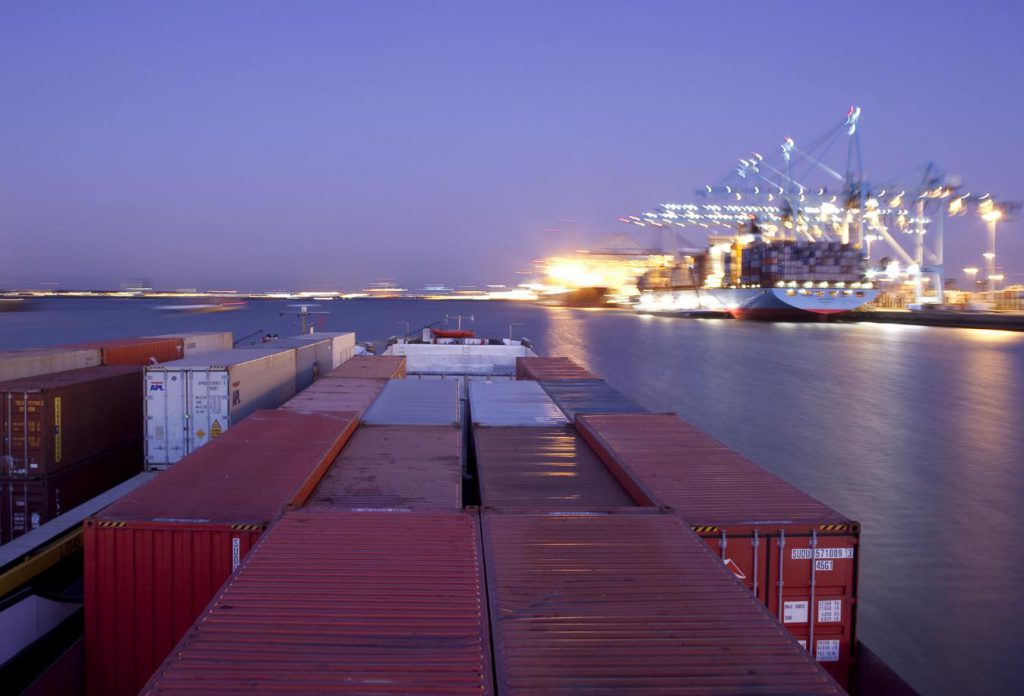Drewry: New Alliances to Have Limited Effect on Ports
2017-01-10 13:52 Release person:Schindler Logistics

Image Courtesy: Port of Rotterdam
The seemingly never ending move towards reduced service frequency may be coming to an end for North European ports, even with the formation of the bigger alliances in April, according to shipping consultancy Drewry.
The establishment of the Ocean and THE alliances in 2017 is likely to only have a limited effect based on the announced schedules. The aggregate number of loops in the Asia–North Europe and North Atlantic trades remains unchanged, and individual ports will see no major change to the number of loops calling, in marked contrast to the changes seen during 2016 though, Drewry said.
Overall, there has been a 10% drop in the number of east-west loops over the last 12 months, with those removed all being operated by the alliances. Two out of nine weekly loops have been removed from the North Atlantic trade, and three out of 18 loops were removed in the Asia-North Europe trade.
However, average vessel sizes have increased by 4.3%, indicating that the alliances have used the reduction in the number of loops as part of an effort to reduce overall ship capacity, so to match it more closely to demand.
There have been significant changes in the number of loops per week calling at individual ports, particularly in France/Benelux. Le Havre and Rotterdam lost four and six loops respectively; Zeebrugge lost its only two east-west loops. Bucking this trend, Antwerp achieved a gain of two loops.
With the overall reduction in the number of alliance loops, two North Atlantic and three Asia-North Europe, it should be expected that those ports where an alliance has several calls will see a reduction as the alliance will still have calls at that port on other loops, according to Drewry.
When the number of alliances reduces, some rationalisation of port calls might be expected as most lines will have access to an increased number of loops.
“This port call rationalisation is not happening with the 71 current loop port calls per week reducing only to 70 per week for the new alliances,” Drewry said, adding that “the ports will not have to cope with fewer port calls and larger box exchanges, but rather, the status quo will prevail.”




